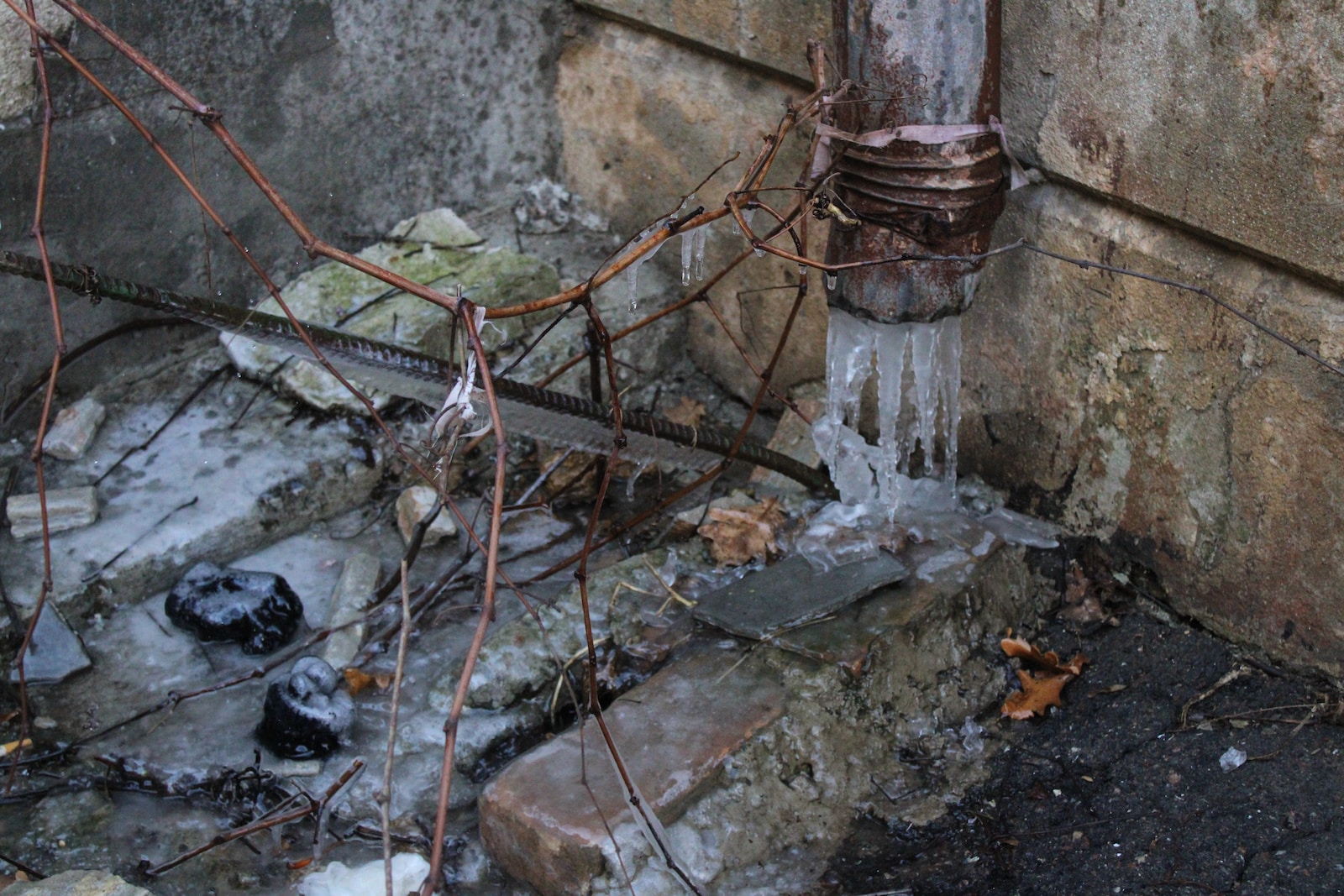
Cold Weather and Frozen Pipes: A Guide to Homeowners Insurance
 During winter months, homeowners may experience frozen pipes, which can cause split or broken pipes. The damage caused by water from burst pipes can be costly. It’s essential for homeowners to understand how their homeowners’ insurance policy covers such incidents and what measures can be taken to help mitigate the risks.
During winter months, homeowners may experience frozen pipes, which can cause split or broken pipes. The damage caused by water from burst pipes can be costly. It’s essential for homeowners to understand how their homeowners’ insurance policy covers such incidents and what measures can be taken to help mitigate the risks.
Understanding Homeowners Insurance Coverage for Frozen Pipes
Homeowners insurance may help cover damage from frozen pipes under the sudden and accidental clause. However, it’s crucial to know the specifics of your policy.
If a frozen pipe bursts and causes damage to your walls, floors or furniture, the cost of repairs may be covered. If your home becomes uninhabitable due to the damage, your policy may also help cover living expenses incurred during repairs.
However, insurers might not cover the damage if the freezing was due to negligence, like failing to maintain a reasonable home temperature.
Preventive Measures to Avoid Frozen Pipes
Proactive steps can significantly reduce the risk of frozen pipes:
- Keep your home warm. Maintain a consistent temperature of at least 55 degrees Fahrenheit, even when you are not there.
- Insulate pipes. Use foam or fiberglass sleeves to insulate exposed pipes, particularly in unheated areas like basements and attics.
- Seal cracks and openings. Prevent cold air from entering areas where pipes are located.
- Drain outdoor faucets. Before winter, drain and disconnect garden hoses.
Filing a Claim for Frozen Pipe Damage
If a frozen pipe bursts, immediately turn off the main water supply to prevent further damage.
Take detailed photos of the damage for your insurance claim and report the incident immediately. While waiting for the insurance adjuster, take steps to minimize additional harm, such as removing the water and protecting undamaged property.
Consult your agent to understand your deductible and how it applies to your situation.
How to Get Appropriate Homeowners Insurance Coverage
Frozen pipes are a common yet preventable problem in cold weather. Understanding your homeowners’ insurance coverage is vital for peace of mind and financial protection. By taking preventive measures, homeowners can significantly reduce the risk of frozen pipes. However, should an incident occur, knowing how to navigate your insurance policy and file a claim is crucial for a swift resolution.
Contact KSA Insurance Agency in Oak Brook, Illinois, for home insurance designed to help mitigate the costs of unexpected events such as frozen pipes. Our agents can help you compare quotes to find favorable rates.
This blog is intended for informational and educational use only. It is not exhaustive and should not be construed as legal advice. Please contact your insurance professional for further information.
Categories: Blog
Tags: Frozen pipes, homeowners insurance
